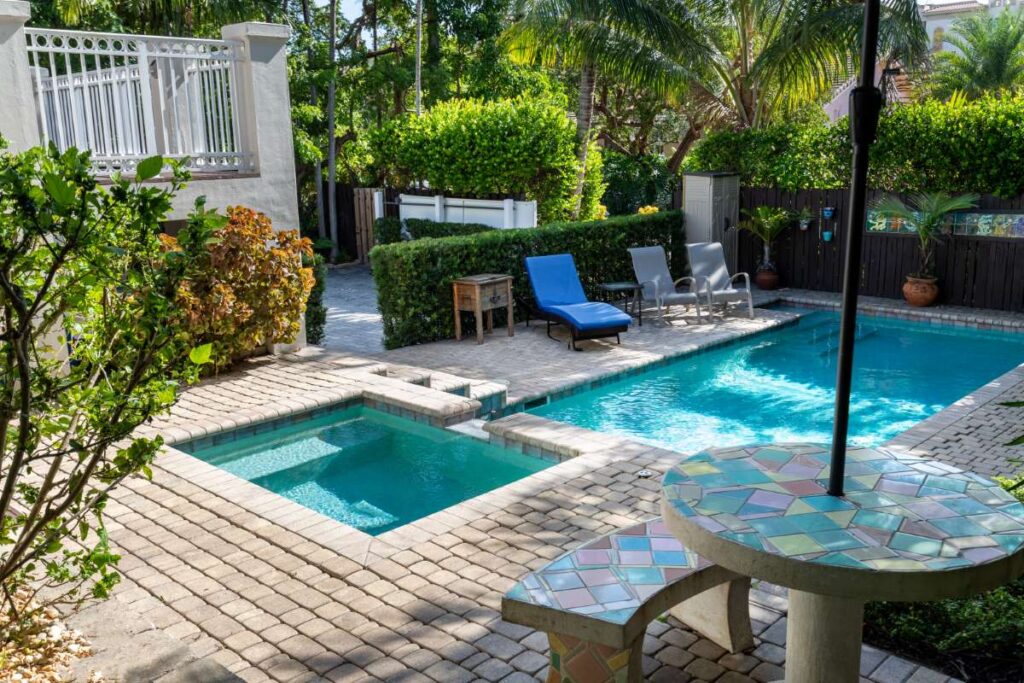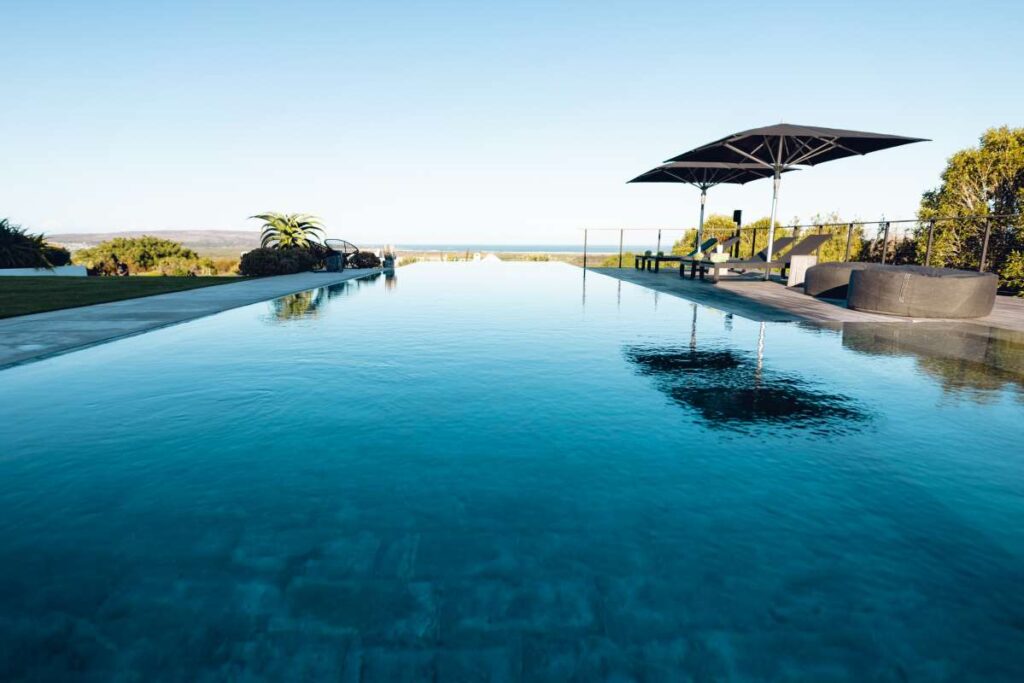How to Train Yourself in Pool Equipment Maintenance
Maintaining pool equipment is crucial for ensuring the longevity and effectiveness of your pool system. This blog post will provide you with comprehensive insights into the best practices for pool equipment maintenance. Whether you are a new pool owner or have been managing your pool for years, knowing how to care for your equipment is essential for an optimal swimming experience. We will cover essential maintenance tips, tools required, and even delve into common issues and how to troubleshoot them.
Proper pool maintenance is not just about keeping the water clean; it’s also about ensuring your equipment functions efficiently. Regular maintenance can prevent costly repairs and extend the lifespan of your pool equipment. In this guide, we will discuss various aspects of pool equipment maintenance, including filtration systems, pumps, heaters, and more. By the end of this article, you will have a solid foundation in pool maintenance techniques that will keep your pool in top shape.
Understanding Pool Equipment
Before diving into maintenance techniques, it’s essential to understand the primary components of your pool system. This includes the filtration system, pump, heater, and automatic cleaners. Each plays a vital role in maintaining water quality and overall pool health. For instance, the filtration system is responsible for removing debris and contaminants, while the pump circulates the water through the filter.
Statistics show that regular maintenance can reduce the likelihood of major repairs by as much as 80%. This is crucial for pool owners looking to avoid unexpected costs. Learning about your equipment will help you identify issues early, thus preventing bigger problems down the line.
Tools You Need for Effective Maintenance
Equipping yourself with the right tools is the first step toward effective pool maintenance. Some essential tools include:
- Skimmer net: For removing debris from the water’s surface.
- Pool brush: To scrub the walls and floor of your pool.
- Vacuum: A manual or automatic vacuum helps clean the bottom of your pool.
- Water testing kit: For checking chemical levels in the water.
- Replacement parts: Keep common parts like filters, o-rings, and hoses on hand for quick repairs.
Having these tools readily available will make your maintenance routine much more manageable. Regular checks and balances can help ensure that your pool equipment is running efficiently. This proactive approach not only saves money but also enhances your swimming experience.
Regular Cleaning and Maintenance Tasks
One of the most critical aspects of pool equipment maintenance is regular cleaning. This should be done weekly and includes:
- Skimming the surface to remove leaves and debris.
- Brushing the walls and floor to prevent algae buildup.
- Vacuuming to keep the bottom of the pool clean.
In addition to cleaning, it is essential to check the filters regularly. Most pool filters should be cleaned every month, but this can vary based on usage and environmental factors. A clogged filter can strain your pump, leading to higher energy costs and potential damage.
Regular water testing is also vital. Balancing the pH, alkalinity, and chlorine levels can prevent corrosion of pool equipment and ensure a safe swimming environment. Aim to test your water at least once a week, adjusting chemicals as necessary.
Troubleshooting Common Equipment Issues
Even with regular maintenance, you may encounter issues with your pool equipment. Some common problems include:
- Pumps that won’t start: This can often be attributed to power issues or blockages in the lines.
- Low water flow: This could be due to a clogged filter or a problem with the pump itself.
- Cloudy water: Improper chemical balance or insufficient filtration often causes this issue.
Understanding how to troubleshoot these issues can save you time and money. For instance, if your pump isn’t starting, check the power supply first. If everything appears functional, inspect the motor for any signs of wear.
Investing in Professional Maintenance Services
While DIY maintenance is effective, sometimes you may want to consider professional services. Hiring experts ensures that your pool equipment receives the care it needs while saving you time. Professional maintenance services can provide detailed inspections and repairs, potentially identifying issues you may have overlooked.
Services often include comprehensive cleaning, equipment inspections, and chemical balancing. By investing in professional help, you can ensure that your pool remains in excellent condition throughout the year. This is particularly beneficial for those who may not have the time or expertise to manage maintenance themselves.
If you’re looking for reliable services, consider exploring options like [Pool Routes for Sale](https://pool-routes-for-sale.com/) to find a professional service that suits your needs.
Seasonal Maintenance Considerations
As seasons change, so do the requirements for your pool maintenance. In winter, for example, you may need to winterize your pool to prevent damage from freezing temperatures. This includes draining lines, adding winterizing chemicals, and covering the pool.
In spring, it’s time to prepare your pool for swimming. This involves uncovering, cleaning, and balancing the water chemistry. Regularly check equipment such as heaters and pumps to ensure they are functioning correctly before the swimming season starts.
Summer maintenance focuses on keeping the pool clean and chemically balanced due to increased usage. Monitor water levels, check equipment regularly, and ensure all cleaning tools are in good condition.
Enhancing Your Knowledge Through Training
Investing time in training yourself on pool equipment maintenance is invaluable. Many online resources and local workshops offer courses that cover various aspects of pool maintenance. Whether you’re a novice or someone looking to deepen your knowledge, these resources can provide you with the tools needed to manage your pool effectively.
Some training programs even offer hands-on experience, allowing you to learn by doing. This is particularly important for complex systems like automated cleaning devices or advanced filtration systems. By understanding the intricacies of your equipment, you can make informed decisions that enhance its performance.
Conclusion
In summary, maintaining your pool equipment is essential for ensuring the longevity of your investment and providing a safe swimming environment. By understanding your equipment, regularly cleaning, and troubleshooting issues, you can significantly extend the lifespan of your pool systems.
Remember, investing in professional maintenance can also provide peace of mind, allowing for a stress-free pool experience. Whether you’re managing your own pool or considering investments like [Pool Routes for Sale](https://pool-routes-for-sale.com/), proper maintenance practices are key to success.
Take the steps today to enhance your knowledge and skills in pool maintenance, and enjoy the benefits of a well-maintained pool for years to come!



